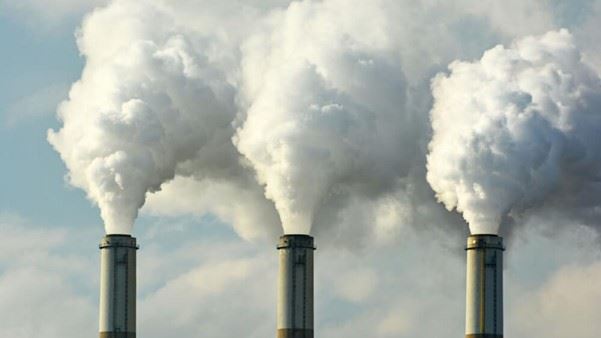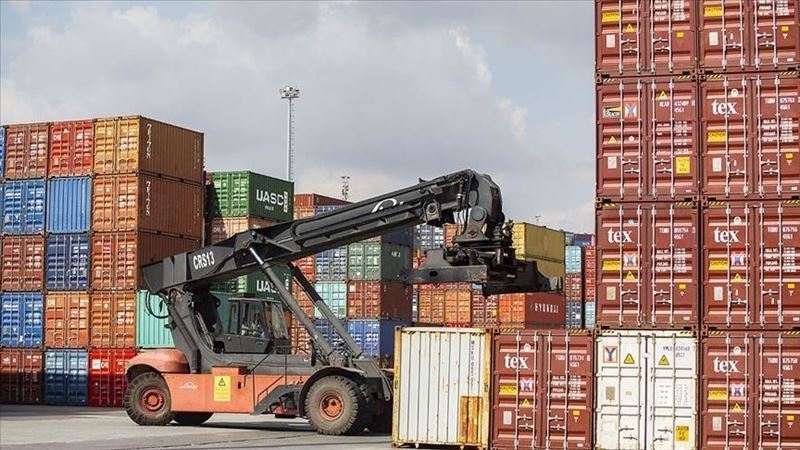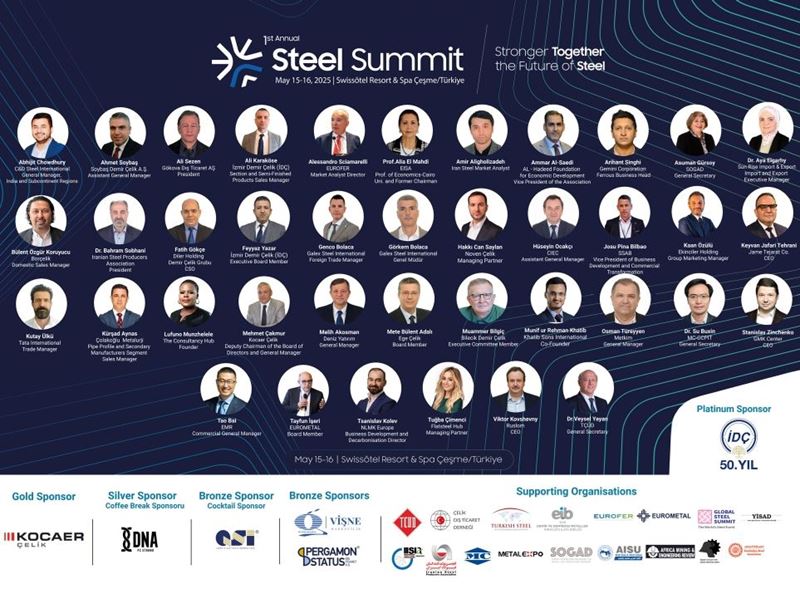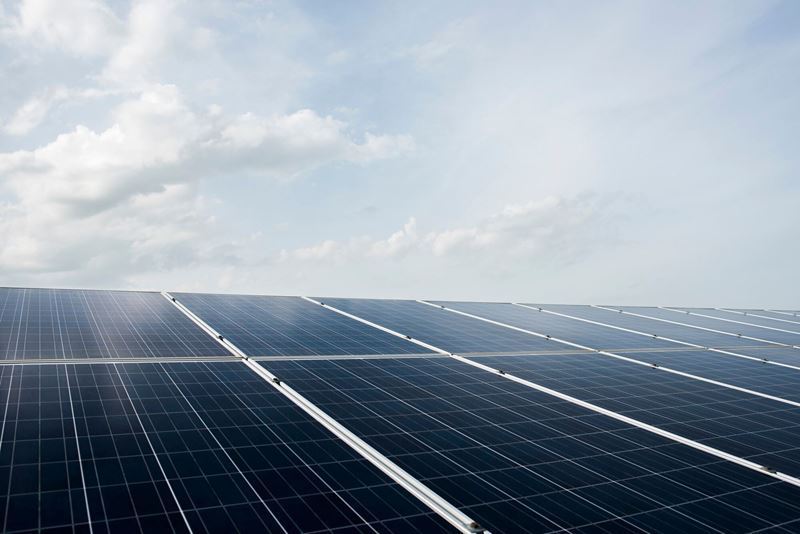The report evaluates the effectiveness of policy tools used by South Korea to reduce carbon emissions from the steel production sector. However, it emphasizes that South Korea still faces uncertainties in carbonizing its steel sector.
South Korea scored highest in the policy category related to articulating carbonization strategies, a position it shares with France. However, the report highlights ongoing uncertainties and the lack of specific tools for implementing these strategies as significant issues.
According to the report, South Korea particularly struggles in areas such as government financial support, defining green steel, hydrogen and CCS (carbon capture and storage), and clean energy. Specifically, the report notes the low rate of government subsidies for high-potential technologies to reduce greenhouse gas emissions and emphasizes the importance of international collaboration for expanding clean energy infrastructure.
The report also identifies four challenges that need to be addressed for carbonizing the steel sector, including strengthening carbonization targets and creating a green steel market.
Criticism is directed at South Korea for lacking a national strategy to meet the demand for renewable energy in the steel industry. The report highlights South Korea's heavy reliance on imported fossil fuels in its energy sector and its low share of renewable energy production.
It appears that South Korea will need to exert more effort to overcome the challenges in carbonizing its steel sector











Comments
No comment yet.